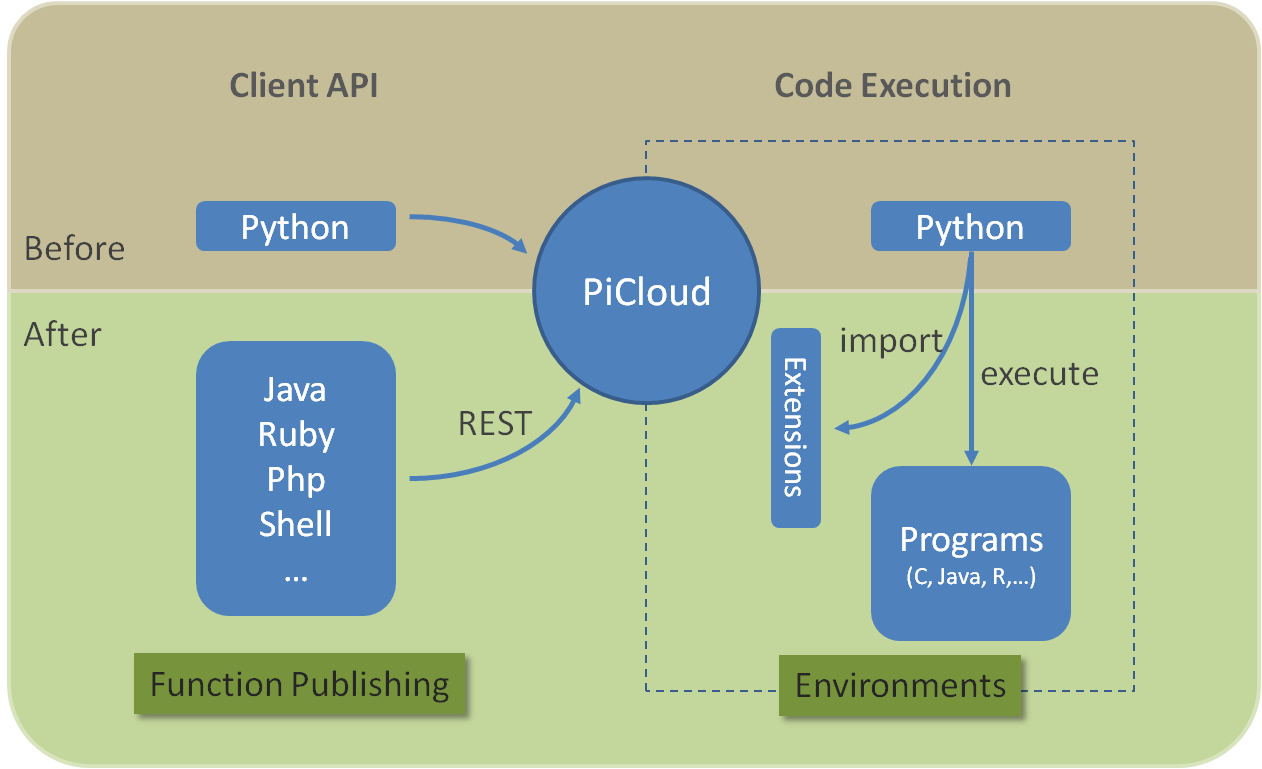Enjoy learning new things and you want to get as good a grip as possible on how things work and best ways to use information technology. Visit my other blogs here:: http://thissasinfobahn.blogspot.com/:: http://thissann.blogspot.com/:: http://thissanetworkz.blogspot.com/
Monday, June 23, 2014
Fourth-generation programming languages
Fourth-generation programming languages are high-level languages built around database systems. They are generally used in commercial environments.Continue Reading....
From Wikipedia, the free encyclopedia
Fourth-generation programming languages books
Fourth Generation Languages: Representative 4GLs
Fourth generation languages: issues and impacts
Understanding Computers: Today and Tomorrow, Comprehensive By Deborah Morley, Charles Parker
Monday, June 16, 2014
End-User Programming (EUP)
End-user development (EUD) or end-user programming (EUP) refers to end-users – people who are not professional software developers – programming computers. People who are not professional developers can use EUD tools to create or modify software artifacts (descriptions of automated behavior) and complex data objects without significant knowledge of a programming language. Various approaches exist, and it is an active research topic within the field of computer science and human-computer interaction.Continue Reading
From Wikipedia, the free encyclopedia
End-User Programming (EUP) Books
End-User DevelopmentEnd-user Computing, Development, and Software Engineering
A Small Matter of Programming
Advanced Topics in End User Computing
Sunday, June 15, 2014
Glue Language
A glue language is a programming language (usually an interpreted scripting language) that is designed or suited for writing glue code – code to connect software components. They are especially useful for writing and maintaining. Continue Reading....
From Wikipedia, the
free encyclopediaGlue Code
Glue Logic
Monday, June 9, 2014
Logic programming
Logic
programming is a programming paradigm
based on formal logic. A
program written in a logic programming language
is a set of sentences in logical form, expressing facts and rules about some
problem domain. Major logic programming
language families include Prolog, Answer set programming
(ASP) and Datalog. In all of these languages, rules are
written in the form of clauses:
H :- B1,
…, Bn.
and are read
declaratively as logical implications:
H if B1
and … and Bn.
H is called the head of the
rule and B1, …, Bn is called the body. Facts
are rules that have no body, and are written in the simplified form:
H.
In the
simplest case in which H, B1, …, Bn are all atomic formulae, these
clauses are called definite clauses or Horn clauses. However, there exist many
extensions of this simple case, the most important one being the case in which
conditions in the body of a clause can also be negations of atomic formulae.
Logic programming languages that include this extension have the knowledge
representation capabilities of a non-monotonic logic.
Continue ReadingFrom Wikipedia, the free encyclopedia
Learn Logic Programming Online
Logic Programming Books
Logic & Functional Programming BookThe Haskell Road to Logic, Maths and Programming
Subscribe to:
Comments (Atom)
-
අංකිත බෙදීම( Digital Divide) තොරතුරු හා සන්නිවේදන තාක්ෂණය මිනිසුන් අතර ප්රචලිත වූවාසේම එම තාක්ෂණය ලොව සැමටම එකම ආකාරයකට බුක්තිවිදිය නොහැක...
-
මිනිසා කාර්යබහුල වීමත් සමගම තම කටයුතු පහසුවෙන් , වේගයෙන් කාර්යක්ශමව සිදුකරගැනීම සදහා විදුලි බලයෙන් ක්රියාකරනු ලබන විවිධාකාර උපකරණ භාවිත...






